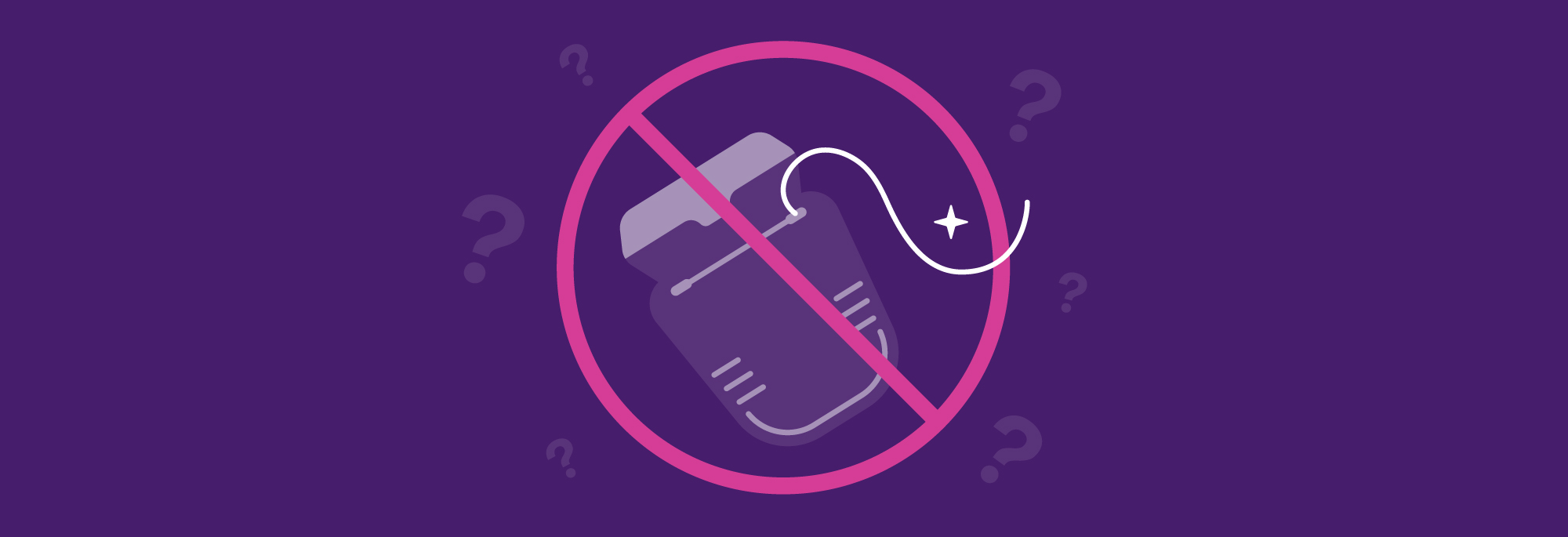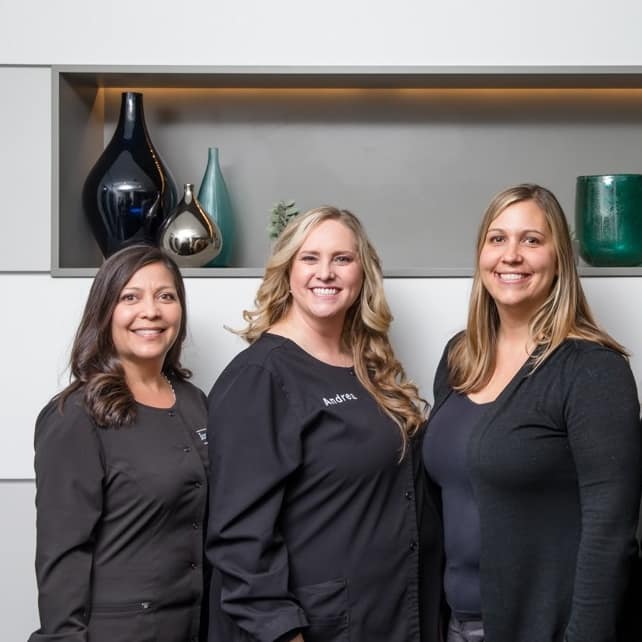The Truth About Last-Minute Flossing Before Your Dental Cleaning

We know life gets busy, and keeping up with a perfect oral hygiene routine isn’t always easy. If you’ve ever found yourself trying to make up for missed flossing right before a dental appointment, you’re not alone. It’s something we see often at Longmont Dental Loft, and we wanted to share why last-minute aggressive flossing isn’t the best approach—and what you can do instead.
This topic came up during Dr. Hedrick’s husband’s last dental appointment. While he no longer does this, he recalled a time when he used to floss aggressively before a cleaning to make up for lost time. He was curious if this was something many patients do, so he asked Andrea, our hygienist. She confirmed that it’s quite common, and we realized this would make for an interesting blog post—because it’s a habit that a lot of people can relate to.
Why Last-Minute Aggressive Flossing Can Be Harmful
While the intention behind last-minute flossing is understandable, it’s not the best approach. Here’s why:
- Gums Can Become Irritated and Bleed – Flossing too aggressively creates tiny cuts in the gum tissue, leading to discomfort and unnecessary bleeding.
- Sudden Flossing Can Cause Swelling – If your gums aren’t used to regular flossing, a sudden increase in intensity can lead to inflammation and sensitivity.
- Too Little, Too Late – Starting to floss just a few days before your appointment doesn’t allow enough time to make a real difference in your gum health.
- We Can Usually Tell – Swollen, irritated gums are a sign that flossing was only ramped up at the last minute. Instead of making your cleaning easier, it can make your gums more sensitive during the process.
If you haven’t been flossing consistently, avoid aggressive last-minute flossing to ensure a more comfortable teeth cleaning experience
The Right Way to Approach Flossing
Rather than flossing sporadically or only before appointments, here’s what we recommend:
- Floss Daily – The best way to maintain healthy gums is to floss consistently—not just when you remember or when an appointment is coming up. Make sure you’re using the correct technique for the best results. If you’re unsure, check out our guide on how to floss properly. Not all floss is the same, so choosing the right type can also make a difference in your routine—learn more in our article on floss types.
- Ease Into It – If you haven’t been flossing regularly, start gently and gradually work your way back into a good routine instead of going all-in overnight.
- Start at Least Two Weeks Before Your Appointment – If you’ve fallen out of the habit, two weeks of consistent flossing can make a difference, as long as you’re in good overall health. However, if you have diabetes or immune system conditions, your gums may take longer to adjust.
Final Thoughts
This habit is more common than you might think, and most of us have done it at some point. If you’ve tried to compensate with aggressive flossing before a cleaning, there’s no need to feel bad—we just want to help you have the best experience possible. The key is consistency, so your gums stay healthy all year round. Small daily habits add up, and a well-rounded oral care routine goes beyond just flossing—check out our guide on improving your oral hygiene routine for more tips.
If you’re ready for your next cleaning appointment, schedule a visit with us today! And if you’re not yet a patient, you can apply to join our dental family online.
Apply to Be a New Patient